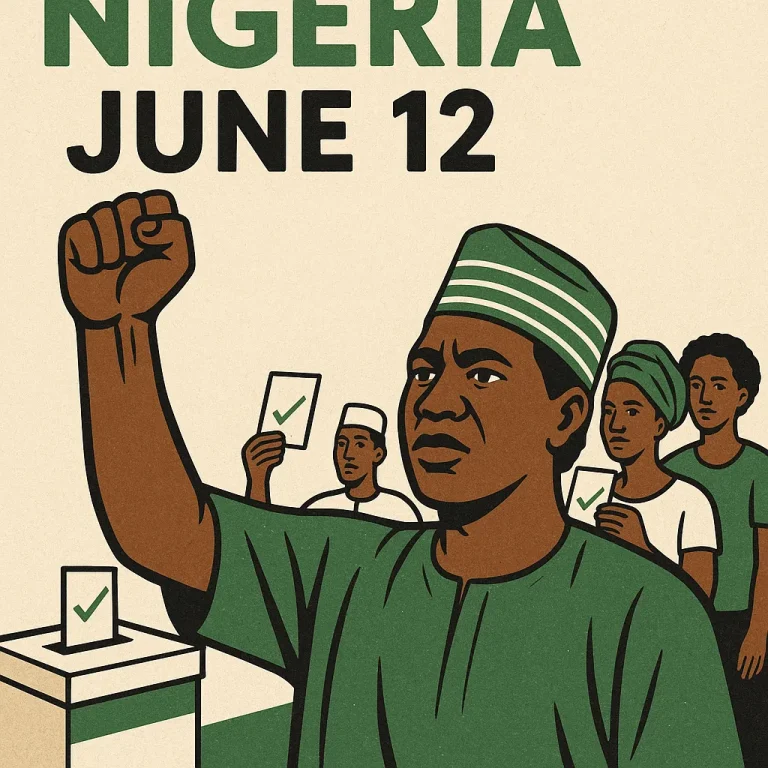As Nigeria marks 26 years of uninterrupted democratic rule, stakeholders have offered a mixed assessment of the nation’s journey, acknowledging democratic endurance while calling for deeper reforms to meet citizens’ expectations.
Speaking in separate interviews in Ibadan, political scholars and civic leaders urged the strengthening of democratic institutions through credible implementation, reforms, and a renewed commitment to public service delivery.
While noting progress in stability and civic participation, the stakeholders agreed that the country still struggles with issues like weak governance, poor infrastructure, and insufficient accountability.
“No previous republic lasted more than six years — this is the longest stretch of civil rule. But in terms of free elections, the rule of law, and serving the public interest, Nigeria continues to fall short,” said Prof. Victor Isumonah, a political scientist at the University of Ibadan.
He likened the current relationship between citizens and state agents to that of the military era, citing late Chief Bola Ige’s 2001 warning that democratic institutions were behaving with undemocratic attitudes.
Isumonah criticized the lack of meaningful engagement between government and the public, adding that both leaders and citizens often expect change without pushing for the institutional reforms necessary to sustain democracy.
“Public service delivery remains poor — with erratic electricity, dilapidated roads, unsanitary cities, and unchecked noise pollution,” he said.
“Nigerians support democracy more for its material benefits than its ideals — what we call dividends of democracy. But without responsible leadership, those dividends remain elusive.”
He challenged political leaders to treat public infrastructure with the same seriousness as their personal property, urging them to move beyond office-based governance.
“Presidents and chairmen must supervise projects personally. How can they assess public needs from behind a desk?”
“Even basic labour remains primitive — women still peel cassava in filth using knives. Where are the leaders?”
Prof. Idowu Olayinka, former Vice-Chancellor of the University of Ibadan, acknowledged the imperfections but celebrated the resilience of democratic rule.
“I’m an incurable optimist. Even the worst civilian government is better than the best military regime,” he said.
“This 26-year run shows that democracy, though slow, is taking root.”
Olayinka noted that democracy has empowered Nigerians to vote for their leaders at all levels and created mechanisms like legislatures and courts to check executive power.
“We now have institutions to address injustices and provide redress. But they must become more effective in defending citizens’ rights and ensuring accountability,” he added.
He urged Nigerians to remain patient and proactive, reminding them that change is possible through the ballot.
“Rome wasn’t built in a day. Democracy matures gradually. If governance fails, vote them out after four years.”
Dr. Kolade Mosuro, publisher and trustee of the Government College Ibadan Old Boys Association, emphasized that democratic governance must reflect each country’s unique context.
“Every country evolves differently. Democracy must align with the people’s will and reflect a shared national vision,” he said.
“Where voices, desires, and leadership connect — democracy is truly working. That’s the ideal we must pursue.”
As Nigeria looks ahead, stakeholders insist the democratic journey must continue — but with stronger reforms, greater public accountability, and leadership rooted in service rather than self-interest.


